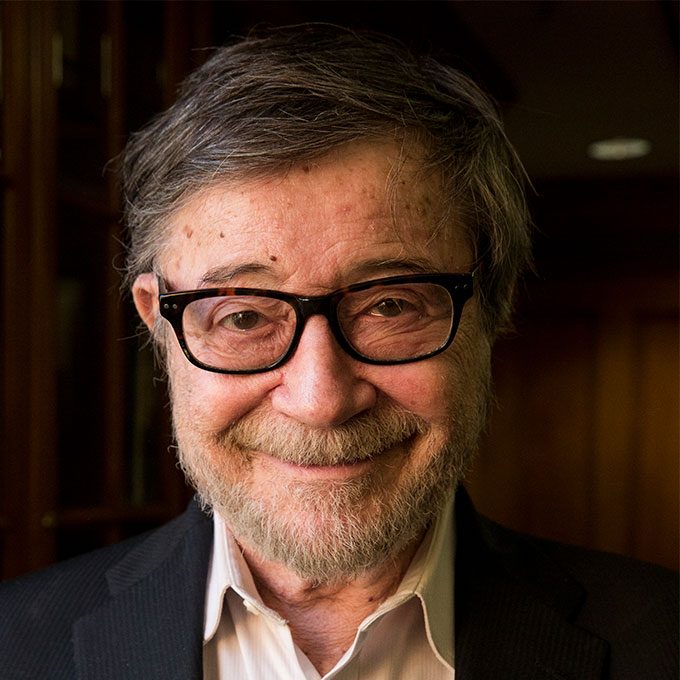Judea Pearl, (born 1936, Tel Aviv), is an Israeli-American computer scientist and winner of the 2011 A.M. Turing Award, the highest honour in computer science, for his “fundamental contributions to artificial intelligence.”
Pearl received a bachelor’s degree in electrical engineering from Technion–Israel Institute of Technology in Haifa in 1960 and a master’s degree in electrical engineering from Newark College of Engineering (now part of the New Jersey Institute of Technology) in 1961. He then received a master’s in physics from Rutgers University in New Brunswick, New Jersey, and a doctorate in electrical engineering from the Polytechnic Institute of Brooklyn in New York (now the Polytechnic Institute of New York University) in 1965. He worked at the David Sarnoff Laboratories of the RCA Corporation (now the Sarnoff Corporation) in Princeton, New Jersey, and on computer memory at the manufacturer Electronic Memories, Inc. (later Electronics Memories and Magnetics Corp.), in Hawthorne, California. He became a professor of computer science at the University of California, Los Angeles, in 1970.

